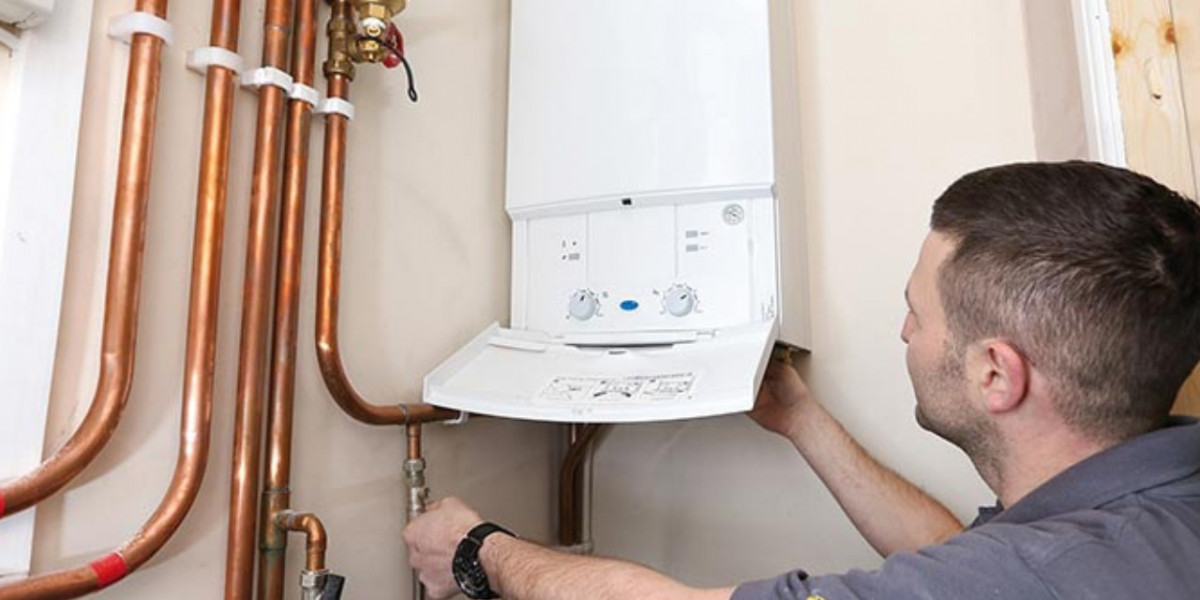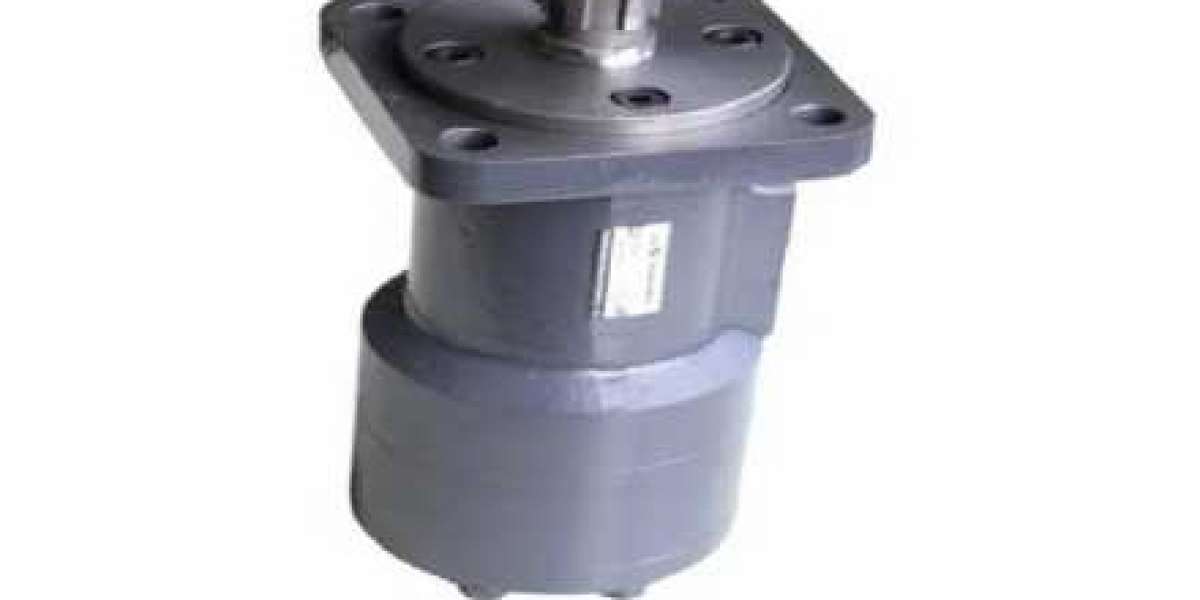What Is a Boiler Service?
A boiler service is a thorough inspection and maintenance procedure conducted by a qualified boiler installer. This service ensures that your boiler is operating safely and efficiently. Regular servicing can help prevent unexpected breakdowns, improve energy efficiency, and extend the lifespan of your boiler.
Why Regular Boiler Service Is Essential
Regular boiler servicing is not just a recommendation; it is necessary for several reasons:
- Safety: Boilers that are not regularly serviced can pose safety risks, including carbon monoxide leaks.
- Efficiency: An appropriately maintained boiler uses less energy and produces reduced utility bills.
- Longevity: Regular maintenance helps identify potential issues early, preventing costly repairs and extending the life of your boiler.
- Compliance: In many areas, regular boiler servicing is required to comply with safety regulations and insurance policies.
Steps Involved in a Boiler Service
Understanding the steps involved in a boiler service can give you a clearer picture of why it takes a certain amount of time. Here is a typical boiler service procedure:
- Visual Inspection: The boiler installer begins with a visual inspection of the boiler and its components, looking for any obvious signs of wear, damage, or leaks.
- Cleaning: The boiler and its parts, such as the heat exchanger and burners, are cleaned to remove any debris or buildup that could affect performance.
- Checks and Tests: Various checks and tests are conducted to ensure all components are functioning correctly. This includes examining the flue, checking for leaks, and testing the safety devices.
- Gas Pressure and Flow: The installer checks the gas pressure and flow to ensure the boiler is operating within safe and efficient parameters.
- Combustion Analysis: A combustion analysis is performed to measure the levels of carbon monoxide and other gases, ensuring safe operation.
- Final Report: The installer provides a final report detailing the work carried out, any issues identified, and recommendations for further maintenance or repairs.
Benefits of Hiring a Professional Boiler Installer
Hiring a professional boiler installer for your boiler service comes with numerous benefits:
- Expertise: Professional installers have the training and experience to perform comprehensive boiler services, ensuring all aspects of the system are checked and maintained.
- Safety: Handling boilers involves working with gas and electricity, which can be dangerous. To avoid mishaps, experts adhere to safety procedures.
- Compliance: Professional services ensure that your boiler complies with local safety regulations and manufacturer warranties.
- Peace of Mind: Knowing that your boiler is in the hands of a qualified expert provides peace of mind and reduces the risk of future problems.
How to Choose the Right Boiler Installer
Choosing the correct boiler installer is crucial for the safety and efficiency of your heating system. To help you make an informed decision, think about the following guidance:
- Check Credentials: Ensure the installer is certified and has the necessary qualifications to perform boiler services.
- Read Reviews: To determine the caliber of service, look for evaluations and quotes from prior clients.
- Ask for Recommendations: Seek recommendations from friends, family, or colleagues who have had positive experiences with boiler installers.
- Compare Quotes: Obtain quotes from multiple installers to compare prices and services offered.
- Check Experience: Choose an installer with a proven track record and extensive experience in the industry.
Conclusion
Understanding the importance of regular boiler servicing and knowing what to expect during the process can help you maintain your heating system effectively. While the duration of a boiler service can vary, investing in professional maintenance from a qualified boiler installer ensures the safety, efficiency, and longevity of your boiler. Regular servicing not only helps prevent unexpected breakdowns but also provides peace of mind, knowing that your heating system is in optimal condition.
For more information on boiler installation and servicing, visit Boiler Installer.
Remember, when it comes to boiler maintenance, it is always better to be proactive rather than reactive. Schedule your annual boiler service today and enjoy a warm, safe, and energy-efficient home all year round.
FAQs About Boiler Service
How often should a boiler be serviced?
Most manufacturers and experts recommend servicing your boiler annually. Regular annual servicing helps maintain efficiency, safety, and performance.
Can I service my boiler myself?
Boiler servicing involves complex tasks and safety checks that require professional expertise. It is not advisable to service your boiler yourself due to the potential risks and legal implications.
What happens if I don't service my boiler regularly?
Refrain from regular boiler servicing to avoid decreased efficiency, higher energy bills, and an increased risk of breakdowns and safety issues. It can also void manufacturer warranties and insurance policies.
How much does a boiler service cost?
The cost of a boiler service can vary depending on factors such as the type of boiler, location, and the service provider. On average, a boiler service can cost between $100 to $200.
What should I do if my boiler shows signs of a problem?
If your boiler shows signs of a problem, such as unusual noises, leaks, or reduced performance, contact a professional boiler installer immediately for an inspection and repair.








